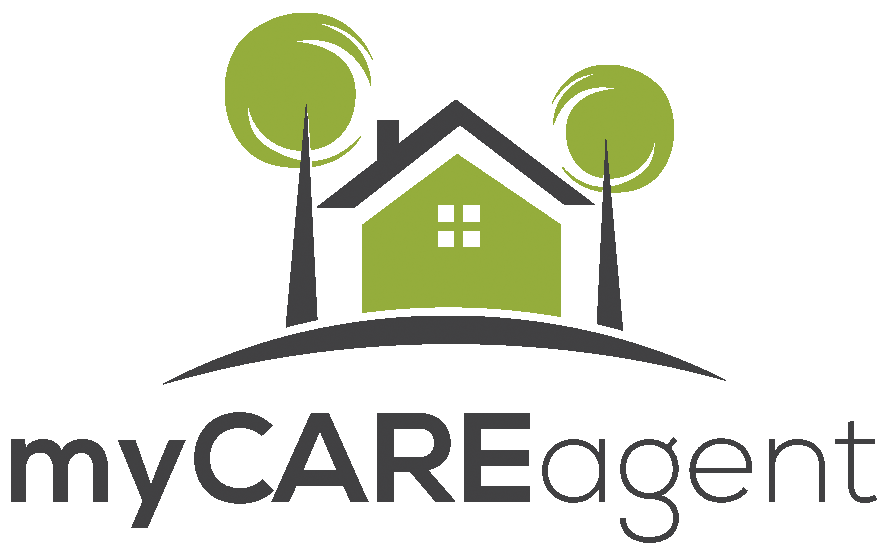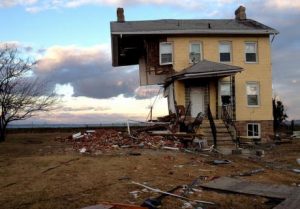
California adopts major reform that will greatly reduce the scope of the state’s MediCal Estate Recovery program. The new legislation will be in effect beginning on January 1, 2017.
MediCal is a California Medicaid welfare program serving individuals with incomes below 138% of the federal poverty level. More than 12 million Californians rely on MediCal for health care services. But when a MediCal beneficiary dies, the state can make a claim against the estate of certain individuals to seek reimbursement for benefits paid. Deceased beneficiaries who were 55 years of age or older at the time he or she received MediCal benefits, and beneficiaries of any age who received benefits in a nursing home are subject to the MediCal Recovery Program.
Before January 1, 2017, MediCal Estate Recovery applied to all types of estates, including living trusts, joint tenancies, tenancies in common, and life estates. The amount of recovery is limited to the amount of benefits paid or the value of the beneficiary’s estate, whichever is less.
As you might imagine, this presents a huge obstacle for low-income Californians. If a MediCal beneficiary owns their own home, it is likely the largest, if not only asset they have. Most of us intend to will our valuables to family and friends, but the MediCal Estate Recovery Program offers no protection from state debt collectors. Often heirs are forced to sell off all their inherited assets in order to satisfy MediCal reimbursement.
Fortunately, on June 27, 2016, Governor Brown signed SB 833, legislation that will greatly reduce the future scope of California’s MediCal Estate Recovery program and help to protect the estates of deceased MediCal beneficiaries. Under the new law, for recipients who die on or after January 1, 2017, claims by MediCal Estate Recovery will be reduced to what is minimally required under federal law. This means that MediCal will continue to seek estate reimbursement for certain specialized services like nursing home care, but not for general medical care covered by Medicaid.
Most importantly, under SB 833, MediCal will only be able to make a reimbursement claim against assets that are part of the deceased MediCal recipient’s “probate estate.” The probate estate is limited to those assets that would be included in probate. This is important because by avoiding probate, you may also avoid MediCal Estate Recovery claims.
Effective January 1, 2017, assets that transferred into a living trust prior to the deceased settlor’s death are, therefore, not subject to MediCal Estate Recovery claims, because assets in a living trust are not probated. The same is true for assets held as joint tenancy and/or life estate assets; these pass automatically at death without becoming part of the decedent’s probate estate.
SB 833 includes several other important protections for MediCal recipients, their families, and estates. Medi-Cal must waive any reimbursement claim, subject to federal approval, against an estate whose principal asset is a home “of modest value,” which is defined as a property whose market value is appraised at “50 percent or less of the average price of homes” in the surrounding county as of the date of the decedent’s death. Medi-Cal will also be prohibited from recovering against an estate where the deceased beneficiary is survived by a “registered domestic partner” (Spouses are already protected under current law). Medi-Cal must also provide beneficiary recipients with timely and accurate “information about how much their estate may owe Medi-Cal when they die.”
This legislation is great news for low-income Californian’s and their families. That assets held in a decedent’s revocable living trust will avoid both probate and MediCal Estate Recovery is important. Hopefully this will motivate people who receive MediCal to consider how best to keep their assets outside of their probate estate to avoid MediCal Recovery against their estate and so protect their loved ones.





14 Responses
There’s no doubt that having to give away the house for reimbursement would be horrendous to anyone. The “modest value” protection is perfect for those of a lower income so they only have to worry about the things that would come up in probate.
Accurate enough, yes.
I wish we had a system like that in my country, indeed. Everybody does what they want here, nobody cares about anything. We really need a change soon, for real.
Why didn’t the legislators think of that sooner? I kind of feel sorry for those low-income families who had to sell of their home just to satisfy MediCal reimbursement before this new legislation. Well, although it’s a cause for celebration that low-income Californians need not go through that anymore, I think it would be better if the legislative department of California presents a better alternative to MediCal so that no one had to give up their home, whatever the circumstances.
You’re right, they have to come up with something good to fix that, it definitely is not the right thing to do.
True, I agree with you but there is a saying ” it is better late than never “. For those families that have to sell their house house for MediCal reimbursement, it is just unfortunate for them that such law didn’t exist before. Nonetheless thanks to the law being implemented now than never.
I’m glad they are changing this law. It seems rather harsh that a home you expect to leave to your family would get taken away to pay for something you probably thought you were getting for free. Medical help you should be a right available to everyone wether they have a lot of money or not. It sounds like the system needed to be fixed and they are trying to do that.
Health is a public service and it definitely has to be offered to all class of people, indeed. Caring about whether they have money or not is just an awful thing, indeed.
nice share
True thing.
This is a nice change to the law. Now people need to educate themselves on how to hold ownership of their real estate. I wonder just how much does it cost to set up a trust; how complicated is it to set up and can it be done after medical expenses start to accumulate. For those in the know or who have support in interpreting new laws this is going to be a god-send for their heirs.
I hope the legislators would have thought of this sooner. Many have really suffered because of that previous law and it was really unfair for the people. I hope many Californians can benefit from this new MediCal, especially those who are really struggling financially.
Like!! Really appreciate you sharing this blog post.Really thank you! Keep writing.